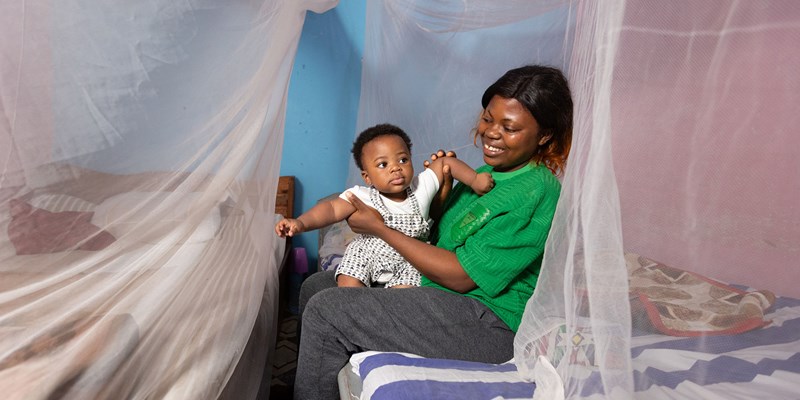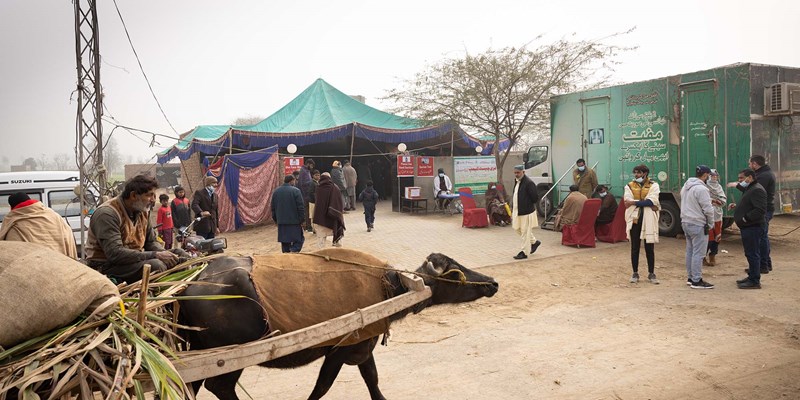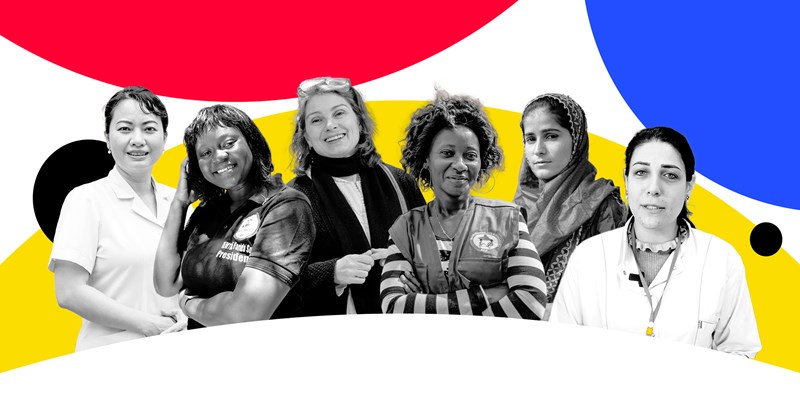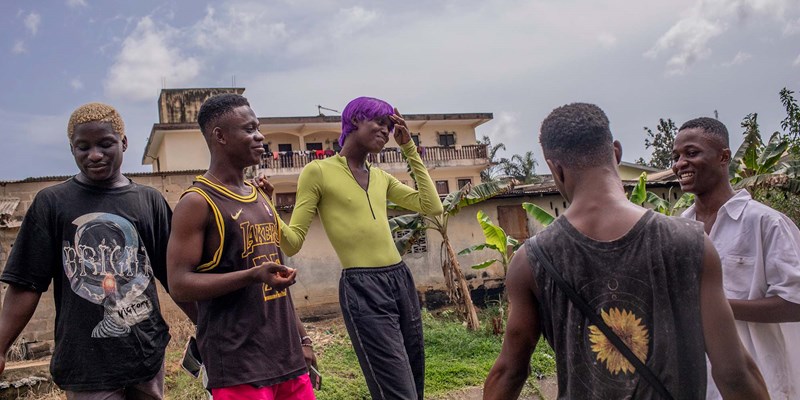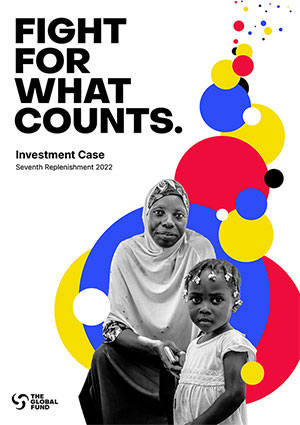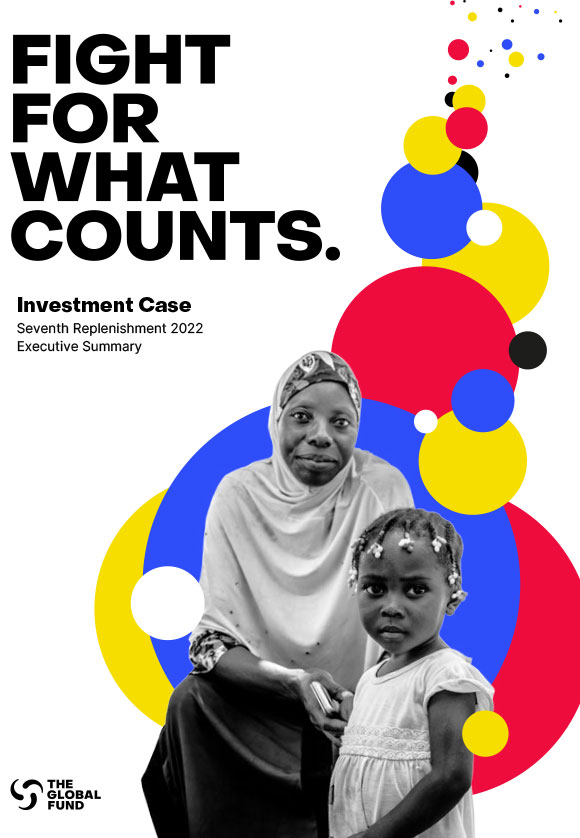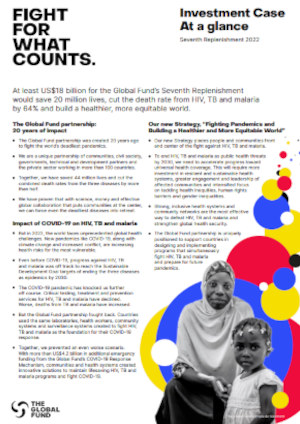Gender Equality Central to Global Fund’s Next Steps
07 March 2014
JAKARTA, Indonesia – The Global Fund is expanding action on gender equality and emphasising the importance of saving the lives of women and girls through increased high-impact, gender-responsive investments to tackle HIV, TB and malaria.
As it observes International Women’s Day, 8 March, the Global Fund cited the health needs of women and girls as a central part of gender equality work that is essential to have significant impact on responses to AIDS, tuberculosis and malaria.
Evidence clearly shows that gender inequalities make women and young girls more vulnerable to acquiring the diseases, and to access care and other services. The latter is particularly true for key affected women, including women living with the diseases and those who are sex workers, who use drugs and who are transgender.
Discussions on gender equality were highlighted at a Board Meeting of the Global Fund that concluded today. Board delegations were briefed on the new Action Plan of the Global Fund Gender Equality Strategy. Women and men from diverse communities in India, Indonesia, Malawi, Myanmar and Zimbabwe spoke of their experiences with the Global Fund and urged leaders to translate words into action.
Over 50 representatives from donor governments, technical agencies and affected women met to determine strategy on concrete steps toward gender equality and to target the world’s health investments towards the populations who need them most.
“We are making progress towards the defeat of these diseases, and greater involvement of women will be key,” said Dr. Nafsiah Mboi, Chair of the Board of the Global Fund and a long-standing gender advocate. “This is an important challenge for all of us. It will require a collective effort from all our partners.”
Women and girls are disproportionately affected by HIV. Gender inequalities increase vulnerability to HIV through violence, including rape. So do unequal power dynamics between women and men, and unequal access to education and economic opportunity. These factors make HIV rates especially high among girls and young women in many countries.
TB is a leading infectious cause of death among women in low and middle-income countries, and can impact fertility as well as create major care and treatment challenges for women and girls. Most malaria cases strike children under five and pregnant women are also particularly vulnerable, because their immunity to the disease is diminished by pregnancy.
In many societies, women do not enjoy the same rights, opportunities and access to services as men. The Global Fund is committed to ensuring its grants support equal and equitable access to prevention, treatment, care and support for all those who need it most, including women and girls in all their diversity. Women’s rights are human rights, making gender equality a cross-cutting concern for all of the Global Fund.
“We have to do more on gender equality,” said Mark Dybul, Executive Director of the Global Fund. “There are many aspects to this work, and one of them is putting women and girls at the center of our health interventions.”
The Global Fund encourages frank, open discussion about gender equality, gender-based violence and sexual and reproductive health rights wherever appropriate. Its new funding model opens a number of opportunities and entry points for strengthened gender equality and for engagement of women affected by the diseases to ensure they are fully involved in dialogues and delivering programs.
